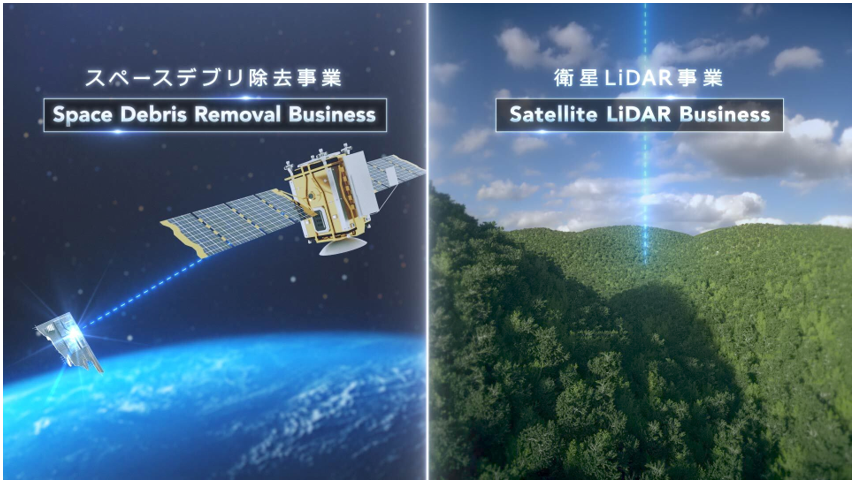As inter-satellite laser links help fuel the rapid expansion of the largest constellations the world has ever seen, a traditional satellite operator wants to put stronger lasers to work clearing the debris that LEO megaconstellations risk leaving behind.
Sky Perfect JSAT, Japan’s flagship geostationary satellite operator, announced the creation of a startup in January that would use in-orbit lasers to stabilize tumbling space junk and put it on course to burn up in the Earth’s atmosphere.
The venture, Orbital Lasers, is developing spacecraft that would fire a laser at a defunct object, ablating material on the surface to generate thrust for changing its orientation and location.
The venture is led by Tadanori Fukushima, who joined Sky Perfect JSAT as an engineer nearly two decades ago. Sky Perfect JSAT has an undisclosed stake in Orbital Lasers alongside other unnamed shareholders.
The project began as an internal startup program in 2018 and counts Japanese state-backed laser technology developer RIKEN as its main industrial partner. RIKEN, or Institute of Physical and Chemical Research, set up a Satellite Orbital State Control Laser Laboratory nearly four years ago to design and develop the laser-equipped spacecraft in partnership with Nagoya University and Kyushu University.
Japan’s space agency has also supported early-phase concept studies for the satellite and ground systems.
A Sky Perfect JSAT spokesperson said Orbital Lasers is starting with a team of 10 people but plans to grow to 50 to 100 employees as it nears commercial operations.
The startup does not expect to perform active debris removal (ADR) services for commercial constellation operators and governments any sooner than 2029.
However, it plans to have a laser payload as early as March 2025 that it could sell to Astroscale, ClearSpace, Rogue Space Systems, or another robotic…
Read the full article here

